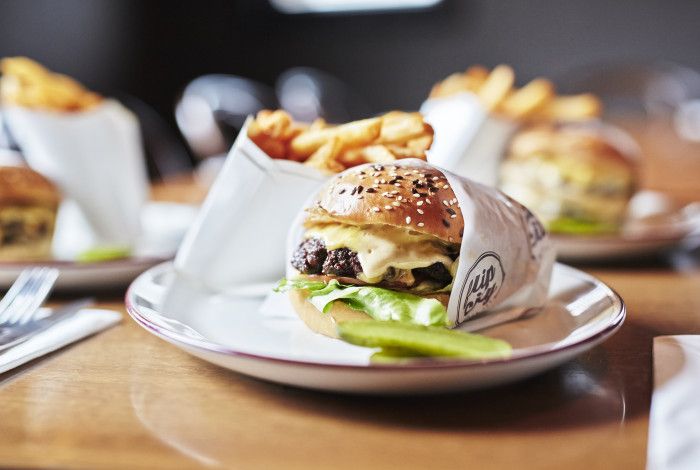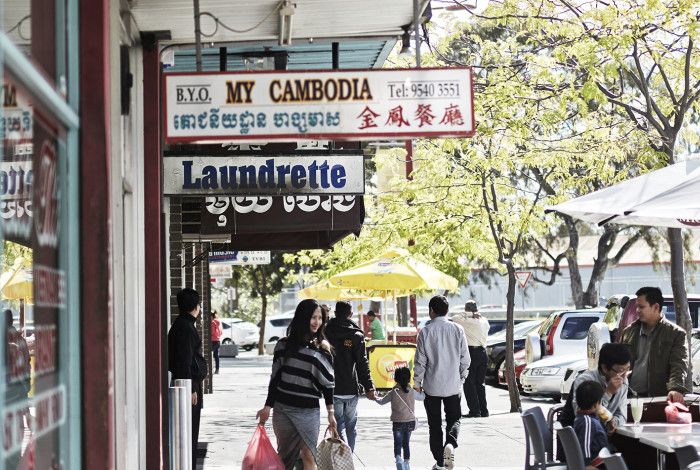Food surveillance
Council's Environmental Health Department takes over 300 samples of food a year from various food traders to check compliance with the Australian Food Standards Code. It has the ability to:
- conduct random inspections of food businesses to ensure compliance with relevant state and federal laws
- purchase food samples to ensure compliance with relevant food standards
- investigate complaints relating to:
- food contamination or poisoning
- poor food handling practices
- illegal food operators (those not registered under the Food Act or trading without Streatrader approval)
- dirty food premises
- any other issue relating to food.
- issue on-the-spot fines or commence legal proceedings for breaches of the Australian Food Standards Code.
Food safety obligations of community groups
Community groups or not-for-profit organisations selling food for fundraising, are required to have correct food safety procedures and meet certain obligations for events. For more information visit Department of Health.
Food complaints
All complaints relating to a food business, its practices and food handling can be made by contacting Council or by completing and returning a Statement of Complaint Regarding Contaminated Food.
Food poisoning
If you suspect you have food poisoning, see your doctor. The incident should also be reported to Council as soon as possible for investigation.
Food recalls
Occasionally food manufacturers will request that certain products be returned or disposed of due to safety issues. For a listing of current food recalls go to www.productsafety.gov.au/recalls
Take-away from restaurants (doggy bags)
Many restaurants do not allow customers to take their the leftover meals because of issues with food safety. Food purchased by a customer at a restaurant is seen to be their property and it may be considered poor service if a doggy bag is refused. In the interest of public health, the use of doggy bags is discouraged by Council.
Some of the safety concerns include:
- bacteria can multiply rapidly on food left too long in the temperature danger zone (5°C - 60°C)
- potential contamination by the consumer handling the food at the restaurant
- potential cross contamination after the food has left the restaurant
- foods may not be stored or reheated correctly prior to consumption.
If you are a restaurant owner and want to allow doggy bags, the risks can be reduced by:
- limiting doggy bags to suitable low-risk foods
- having a policy outlining doggy bag usage and food safety procedures
- only allwoing leftover foods to be put in a clean, unused food grade container
- writing the date the food was sold on the package
- keeping a record of doggy bags that are distributed
- attach a sticker or leaflet to the doggy bag outlining possible problems and the responsibilities of the consumer to ensure the food is handled correctly.



